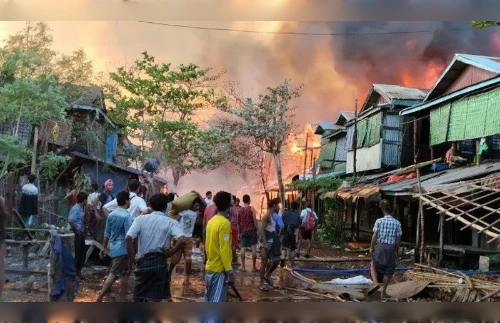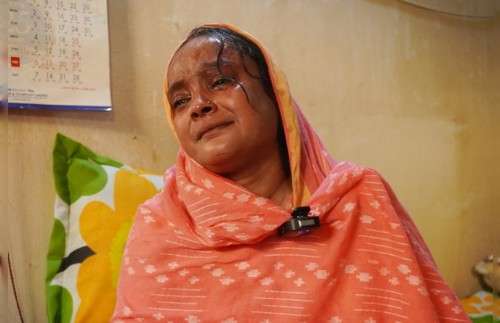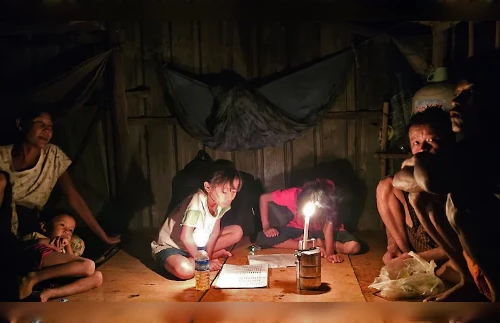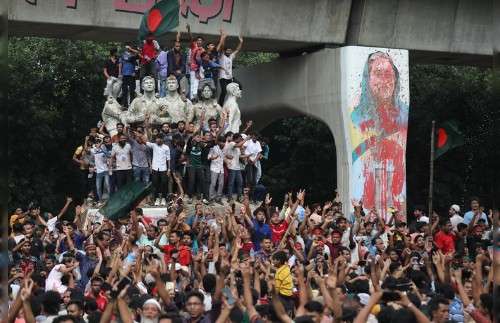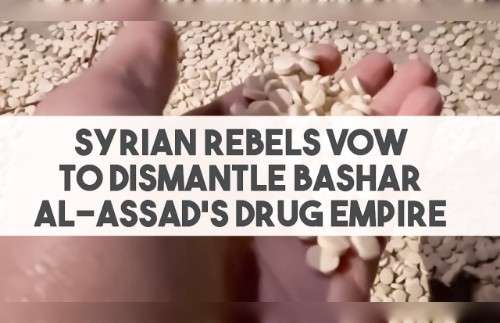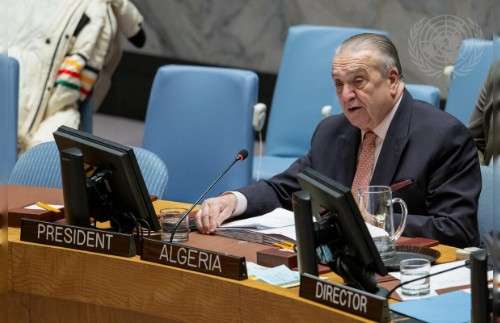Iman Muttaqin Yusof/Kuala Lumpur

A Malaysian government project to move children of migrants from detention centers into a so-called child-friendly shelter is inadequate because they remain confined even at the new location, human rights and child welfare activists say.
The Ministry of Home Affairs says it has transferred 23 children and 10 of their parents or guardians to a shelter for migrants that would be guarded around the clock, and has plans to move hundreds more out of immigration detention centers and into similar shelters.
According to the critics, the ministry had promised to move this first batch into the care of an NGO.
“When this shelter is guarded by RELA, it is still like a semi-detention center. As I have often said before, ‘a golden cage is still a cage,” Mahi Ramakrishnan, an activist and founder of the NGO Beyond Borders, told BenarNews.
RELA, or the People’s Volunteers Corps, is under the home ministry and akin to a home guard, with some members allowed to carry firearms. The unit supports the police or the immigration department, as needed.
Mahi noted that the home ministry had strayed from the original plan.
In February, Home Minister Saifuddin Nasution Ismail had said the plan called for moving children away from detention centers and placing them in the care of welfare-based NGOs.
“This does not look like [what is being promised] at all,” Mahi said.
Putting children into any place where they are confined – even if accompanied by family members or guardians – will cause them mental and physical harm, said another group called the End Detention Network.
“[D]espite taking steps to provide a more humane environment for children, [the new center] will continue to deprive children of their liberty,” the group told BenarNews in a statement.
While inaugurating Baitul Mahabbah, the name for the new center for children located on the outskirts of Kuala Lumpur, the minister said NGOs and civil society groups would assist the ministry’s efforts.
“This initiative will involve several agencies under the home ministry. We have RELA to guard the premises 24 hours. We have NGOs and civil society groups to provide needs-based aid,” Saifuddin told reporters during the inauguration on Monday.
He said the center features amenities such as learning spaces, health examination and treatment rooms, and a children’s playground. Children and their parents or guardians will also have access to basic healthcare.
Malaysia’s detention centers currently house 1,382 children and there are plans to move all them into new centers, Saifuddin said.
These children will stay in the newly opened center until after their documents are fully processed by the embassies of their countries, he said.
“When all documents and processes are completed, we will repatriate them to their home countries, similar to other migrant detainees in immigration depots,” Saifuddin said.
Noting that the children who had parents or guardians were moved with them to the center, Saifuddin said, “there’s one Syrian mother and three children as well as one Myanmar mother and a child.”
This worries Mahi, the founder of Beyond Borders.
“If these children are from Syria and Myanmar, they likely are refugees,” Mahi said, referring to people who have fled the conflict-ridden countries.
“Sending children along with their parents back to Syria or Myanmar would violate customary international law, which prohibits returning individuals to countries where they may face persecution,” she said.
BenarNews contacted the home minister and his aide for more information on the children and to respond to child-welfare experts’ concerns but did not hear back.
The government needs to prioritize child welfare and migrant children’s legal rights, rather than pursue “deportation-focused solutions,” said Hartini Zainudin, founder of Yayasan Chow Kit Foundation, a child welfare NGO.
Malaysia could learn from its neighbor Thailand, which in January 2019 said it would move children and their mothers from immigration detention centers to community-based residences, said Hannah Jambunathan from the International Detention Coalition.
“The Home Ministry can and should learn from neighboring ASEAN countries like Thailand, which have made policy and legislative commitments to stop detaining children in immigration facilities and have released hundreds of children into community-based care,” she told BenarNews.
Copyright ©2015-2022, BenarNews. Used with the permission of BenarNews.





